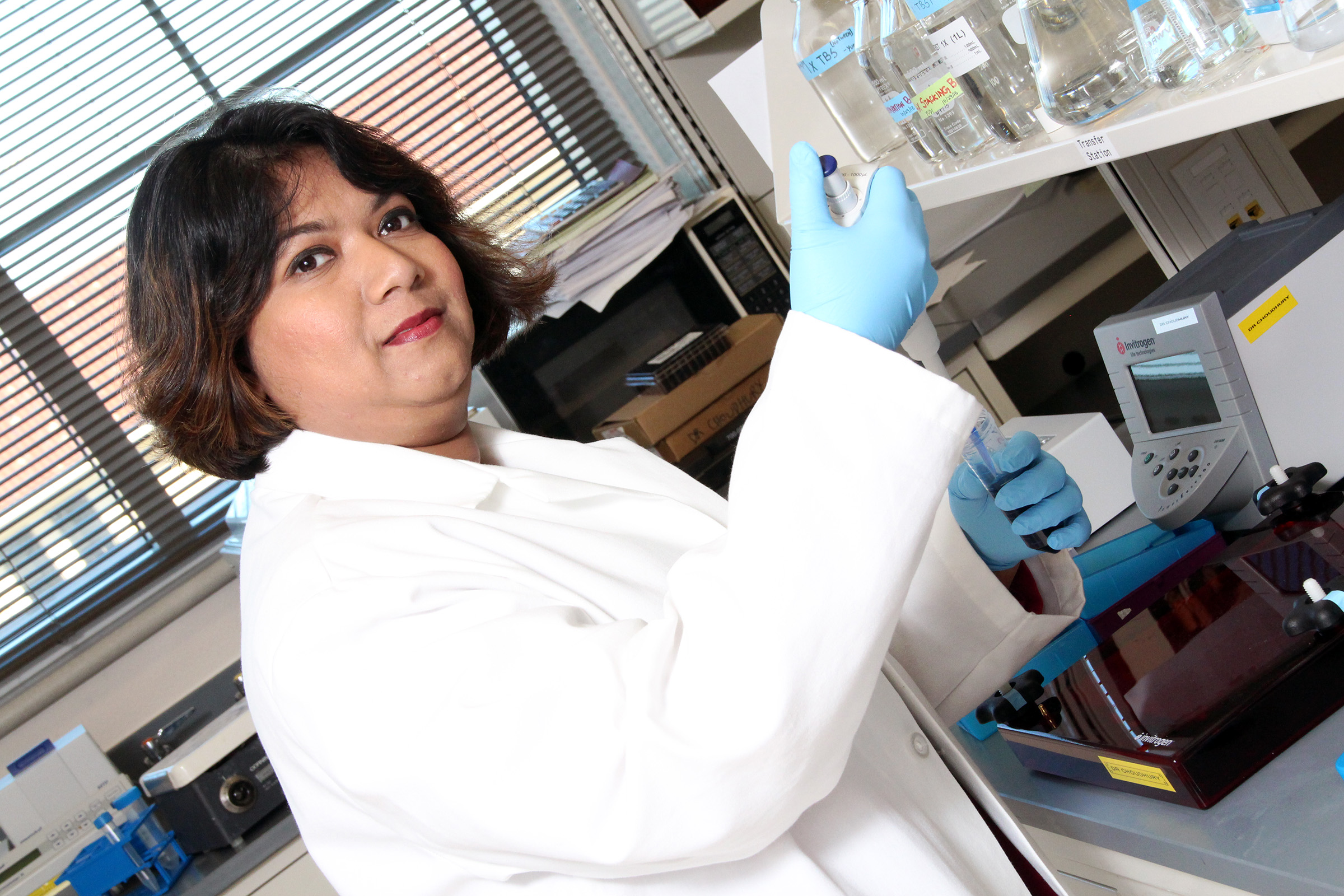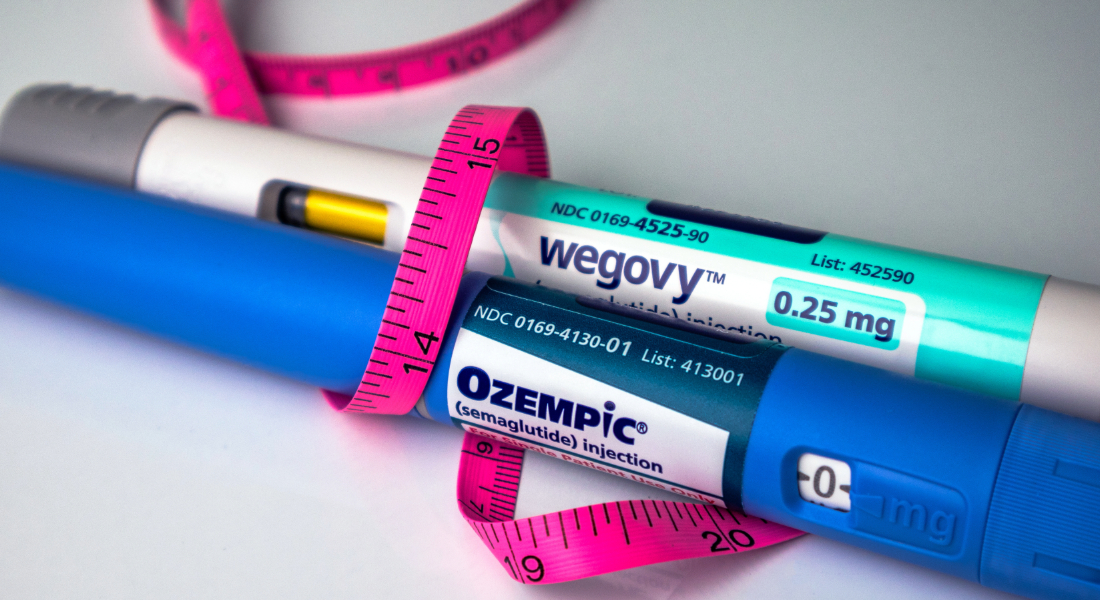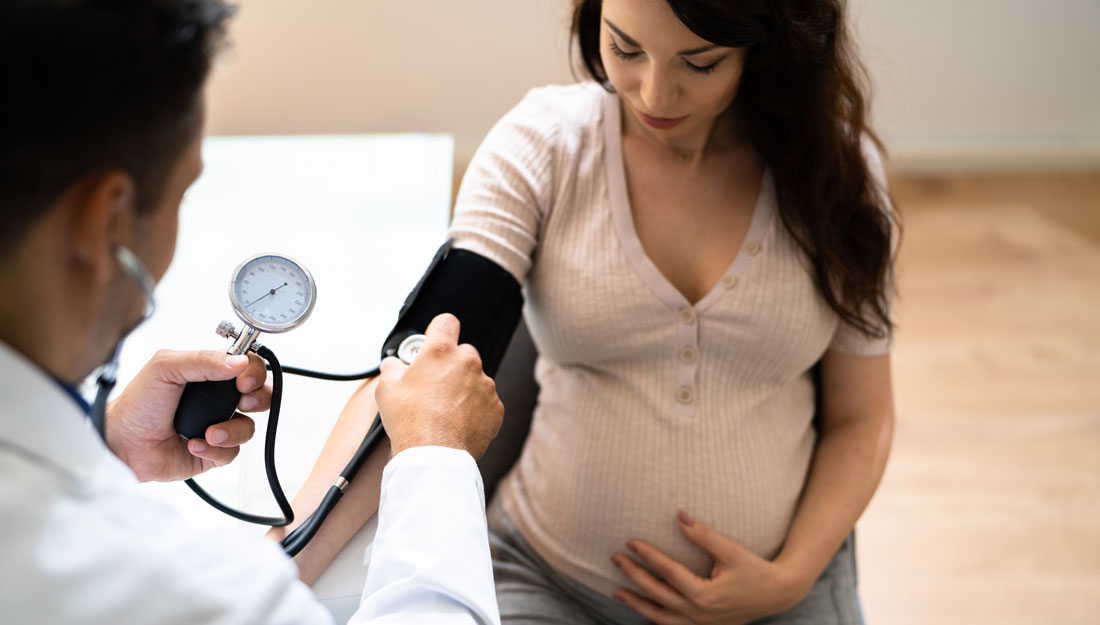Texas A&M researcher looks to develop test strip to predict preeclampsia early in gestation


Childbirth is a unique and wonderful gift that should not be tainted with a tragic loss of mother or child. In the United States, approximately 10,500 babies die from preeclampsia each year and an estimated half a million worldwide.
Preeclampsia is defined as high blood pressure and excess protein in the urine after 20 weeks of pregnancy in a woman who previously had normal blood pressure. Currently, there are no existing tests to determine whether a pregnant woman would develop preeclampsia during pregnancy.
Mahua Choudhury, PhD, assistant professor at the Texas A&M Health Science Center Irma Lerma Rangel College of Pharmacy, is working to create a tool to test whether a pregnant woman at a very early stage of gestation could be at risk of preeclampsia.
“Preeclampsia doesn’t show up using regular methods of blood work,” Choudhury said. “The ultimate goal of this research is to create an environment unthreatened by preeclampsia and other hypertensive disorders of pregnancy to protect the lives of childbearing mothers and their babies.”
Choudhury and Kayla Bayless, PhD, associate professor in the Department of Molecular and Cellular Medicine at Texas A&M College of Medicine, recently received the Program to Enhance Scholarly and Creative Activities (PESCA) grant from the Texas A&M Division of Research. Choudhury plans to carry out a functional study with the latest support.
“I look forward to what this and other funding will do to aid in our research initiative,” Choudhury said. “We need continued support as we work toward creating a revolutionary tool for women and their doctors to use to prepare for possible issues in pregnancy.”
Ultimately, this project has the capability of impacting entire communities, as preeclampsia affects the entire family – not just the pregnant woman.
Death of the infant or mother is one of the most devastating consequences of preeclampsia. However, many countries do not have the means to keep a premature baby alive, so the rate of neonatal death in these countries is therefore much higher.
The project started under the auspices of a Bill and Melinda Gates Foundation award to improve the health of mother and child in developing countries. Choudhury and team have found several biomarkers that may predict the possibility of preeclampsia and are currently validating the result. They hope to develop a noninvasive test for pregnant woman to examine risks—using a pinch of blood or urine—at home in as early as 11 weeks of gestation.
“Although this originally began as a purely scientific project, my newfound motivation has sparked a drive in me and makes me proud to be a part of this humanitarian project,” she said.
The Texas A&M Division of Research funds the PESCA grant to support significant research projects, scholarly publications, and artistic works that have the potential to lead to the awarding of external funding by agencies and endowments such as the National Endowment for the Humanities
Media contact: media@tamu.edu


